Blog
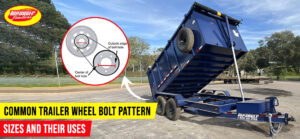
Common Trailer Wheel Bolt Pattern Sizes and Their Uses
You are having one of those regular hauling days, and the road ahead looks promising both literally and professionally. Now, what happens if you get stranded on the side of the road with a flat tire? It is a hassle, and you’re probably wondering how to escape this troubling scenario.

Trailer Brakes Not Working? Here’s How to Fix It
Before our inboxes overflow with queries like ‘Trailer Brakes not working – what to do?’, we might as well guide you a little. Whether you are in the construction business or use a towing trailer for logistic purposes, trailer brake issues are common. Every trailer is equipped with one for
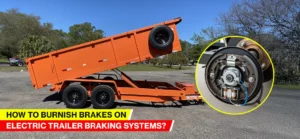
How to Burnish Brakes on Electric Trailer Braking Systems?
Are you looking for a flatbed to transport a vehicle, or want to check the condition of the trailer brakes? Effective brake burnishing enhances your vehicle’s overall safety and prolongs the lifespan of its components. When contaminants accumulate on brake rotors and pads, their effectiveness is reduced. This leads to
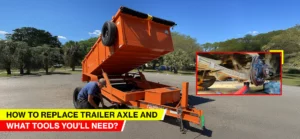
How to Replace Trailer Axle and What Tools You’ll Need?
Are you dealing with a damaged axle or want to upgrade the trailer for a heavier load? It is crucial to understand how to replace a trailer axle and improve the durability of your trailer. Replacing a trailer axle might seem complex, but with the right tools and a straightforward

Bringing Nashville Home:
How the NATDA 2025 Trailer Show Will Benefit You At the end of August, the TopShelf team headed to Nashville, Tennessee for the NATDA Trailer Show, the largest trailer dealership event in the country. This is where manufacturers, suppliers, and dealers gather to share the newest innovations, sharpen their skills,
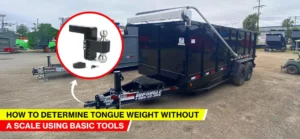
How to Determine Tongue Weight without a Scale Using Basic Tools
Are you wondering how to determine tongue weight without a scale for your trailer? Well, you are not the only one with a burning query. For most trailer owners, the thought of purchasing a specialized tongue weight scale is not always practical. Not that it is superbly expensive, or hard
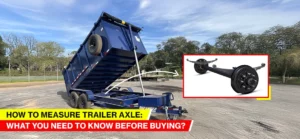
How To Measure Trailer Axle: What You Need To Know Before Buying?
What about this as a mental picture? You’re in front of your driveway, looking at your trailer with a bent axle, and you know you need to get that fixed, but you have no idea where to start. Maybe you’ve already spent a great deal of time looking through a

How to Make Money with a Dump Trailer: 7 Profitable Side Hustles
Having trouble finding a side hustle that works well with your calendar and pays out? Frustrated with sluggish gig economies, restricted startup funds, or gigs that demand loads of experience? You’re not alone—loads of people are seeking tried-and-true, straightforward ways to build substantial income without the headache. A dump trailer
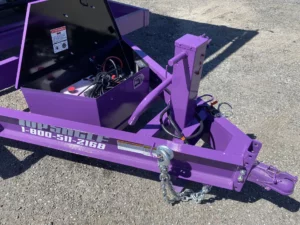
Hauling Off the Pavement: Essential Tips for Towing a Trailer to Rugged Job Sites
Your dump or equipment trailer is only as useful as your ability to get it where the work is—whether that’s a muddy field, gravel access road, or a forested lot. Follow these proven steps to arrive ready and safe every time. 1. Recon the Route First 2. Match Your Gear
